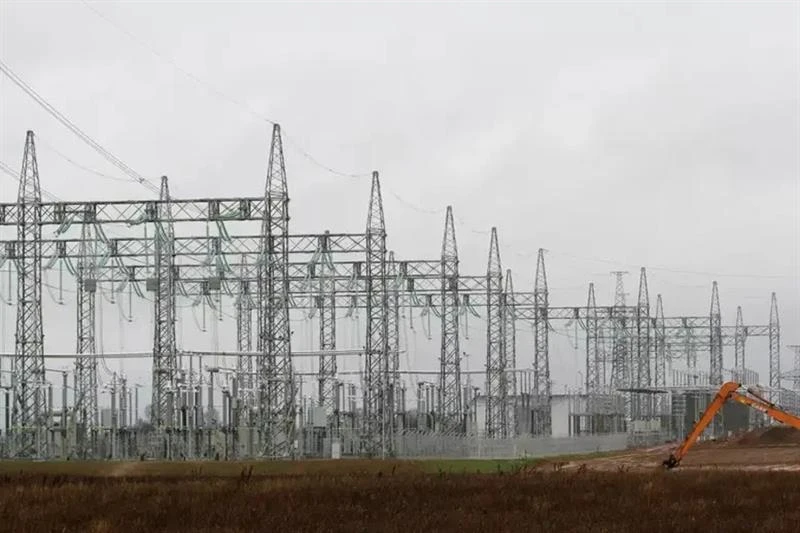Baltics to quit Soviet-era power grid in 2025

Stay tuned with 24 News HD Android App

Three Baltic states on Tuesday said they had notified Russia and its ally Belarus that they will decouple from the Soviet-era power grid in February 2025.
The move marked a major step in achieving energy independence from Moscow for staunch Ukraine supporters Estonia, Latvia and Lithuania, which were once ruled by the Soviet Union but are now in the EU and NATO.
The three nations have had tense relations with Moscow following independence in 1991, and ties have further deteriorated since Russia invaded Ukraine in February 2022.
But despite independence, their power grids had remained connected with Russia and Belarus.
"We will cut the last energy ties with Russia," Rokas Masiulis, head of Lithuania's state-run grid operator Litgrid, said in a statement.
"In half a year, we will not only disconnect from the Russian and Belarusian electricity grid, but also dismantle the last remaining power lines," he added.
Latvian operator AST and Estonia's Elering also announced the decision.
Elering said in a statement that "the electricity systems of the three Baltic states are already prepared for emergency synchronisation at any moment, if that becomes necessary".
AST said the three operators "have notified Russian and Belarusian operators on the non-extension of the BRELL agreement" involved.
The Baltic states will disconnect from the Russian grid on February 7 and will join the European grid two days later, after decades of efforts to disengage.
Their frequency has been regulated from Moscow, meaning they still depend on Russia to ensure a stable electricity flow.
The countries decided to synchronise their power grids with the Continental European system in 2018, having secured funding from the European Union.
They will access the EU power grid through Poland.
The Baltic states stopped buying Russian gas and electricity after Moscow invaded Ukraine.
Even though they no longer purchase Russian electricity, they have had to stay in the grid for safety and technical reasons.
